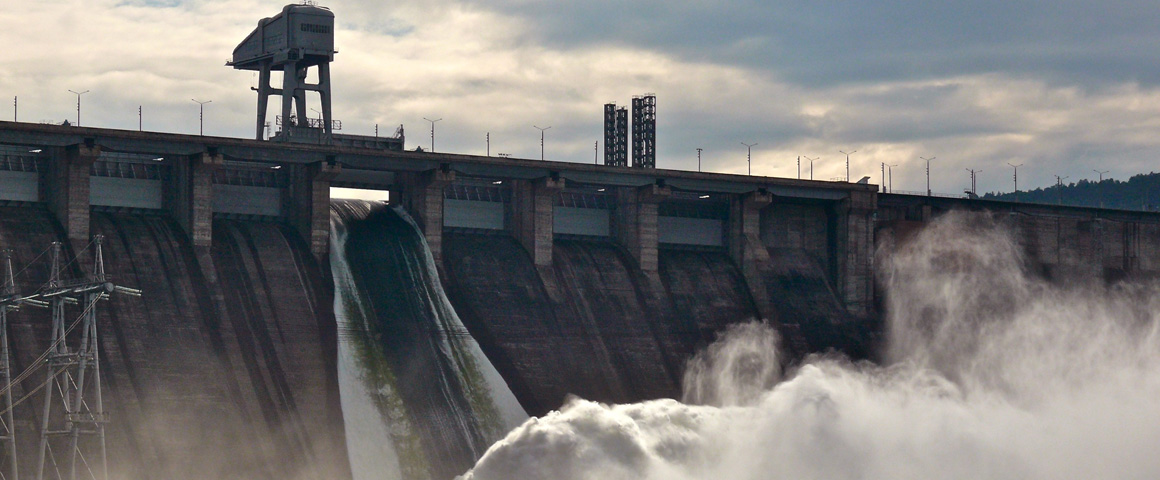Hydro’s hikes are a brake on Manitoba’s development. As part of the rising cost of living, they are helping to tilt the economy into recession and decline.
The Pallister government must act to shift Manitoba Hydro’s debt burden from workers to those able to pay: the wealthy, high income earners, and corporations.
The Pallister government must not solve the problem of Manitoba Hydro’s growing debt by laying off workers or chopping popular cost and energy-saving programs that benefit working people.
Most importantly, Pallister must not privatize any portion of Hydro to reduce his government’s deficit or the debt of Hydro itself. Instead, the Pallister government needs to impose new taxes such as on large inheritances, corporate profits, and high income earners to ensure the debt burden is not imposed on the poor, the working poor and small businesses.
Privatisation would spark worse price hikes for consumers and remove the utility from public accountability. It would be a disaster for Manitoba’s economy. But we can expect the Pallister government to use Hydro’s mounting debt to place the firing of 900 Hydro workers and its pledge to gut the energy-saving Powersmart program in a new light, to justify privatisation.
Such measures are unnecessary and intended to enrich the corporations.
Privatisation would only benefit a handful of profiteers at the expense of working people. Hydro’s growing debt is an expected but too-common occurrence for large construction projects.
There has been no fundamental change in Hydro’s business model that justifies privatisation, lay-offs, chopping Powersmart or rising Hydro rates. Manitoba Hydro’s debt will now be more than $27 billion in a province of 1.3 million people, a result of considered decisions to build new dams and power lines. The debt will about double. With a full or part time labour force of 675,000 Manitobans, that works out to a debt of $40,000 per worker.
Manitoba Hydro expects that sales to the U.S. market will pay a large portion of the debt. (Such sales are about 20% of production at this time.) That still leaves a large but expected debt for Manitoba workers (the people who create all new wealth) to pay, spread out over many years.
Unions, anti-poverty groups, and other popular movements must speak out and strongly protest against Hydro’s rising gas and electricity rates.
Hydro bills could double over the next decade; they are already up nearly 50% since 2004. Most affected are the poor, the working poor and remote communities, especially Indigenous communities. Higher rates are also harming hydro-reliant industries and companies, and smaller businesses in all industries, pushing Manitoba’s economy off a cliff.
The risks associated with building the new dams are, we are told by Hydro: declining cost of renewable energy (solar, wind); continued slump in petroleum prices, hampering the hydro market; U.S. protectionist measures that assist U.S. oil production at the expense of hydro imports.
Moving away from carbon-based energy would help make Hydro’s plan more viable, but all the major political parties are beholden to the oil corporations, including the NDP which is the governing party in Alberta.
The Communist Party is opposed to the sale or partial sale of Hydro assets to pay for the utility’s growing debt.
If Pallister does chop Powersmart, then hydro and oil use could grow rather than decline.
From an environmental point of view, chopping Powersmart would be reactionary. Most importantly, the Pallister government must intervene to shift Hydro’s debt burden from workers using a fair tax system. Such measures are necessary to avoid economic recession, slow economic growth, and hardship on energy-reliant industries.



